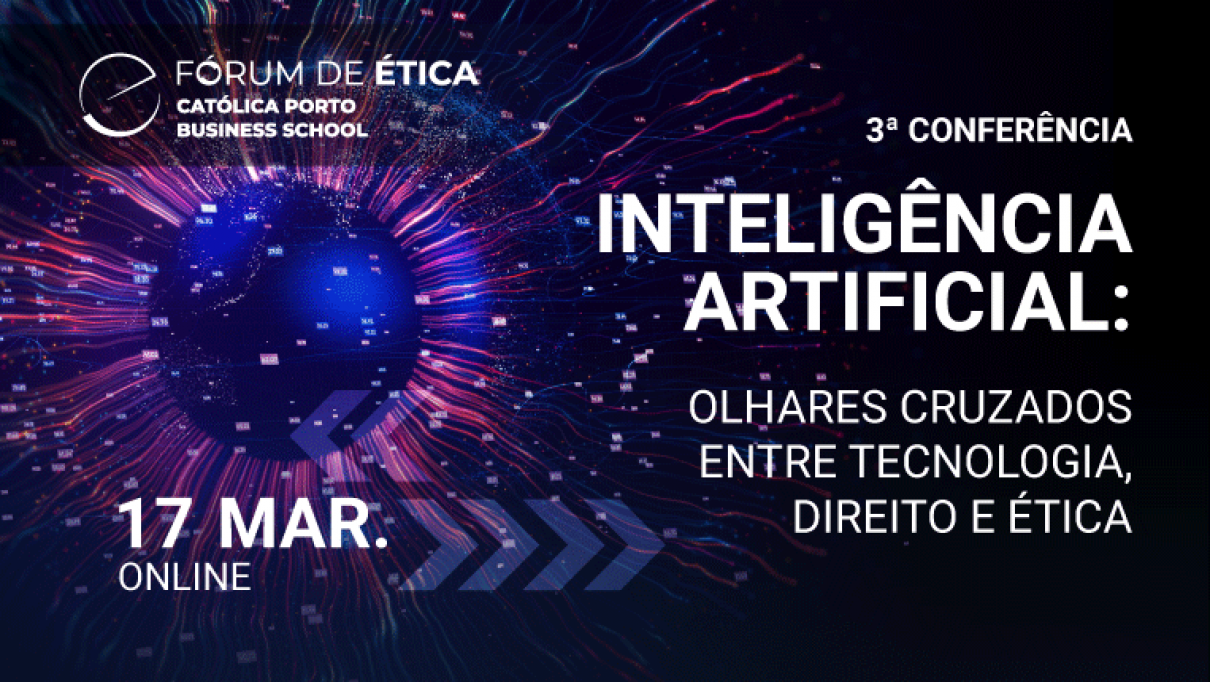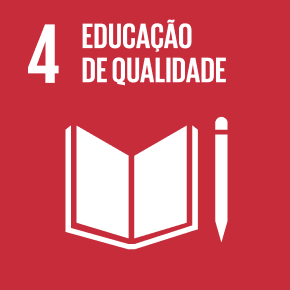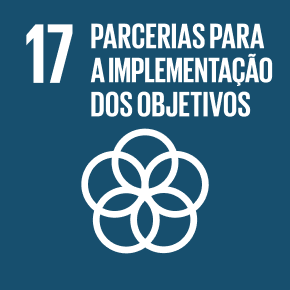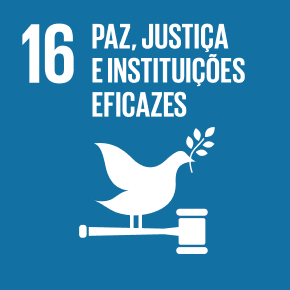Conference on Artificial Intelligence promotes expert debate at Católica Porto Business School
The 3rd Conference on “Artificial Intelligence: Crossed Perspectives on Ethics, Law and Technology” took place on 17 March in an online format, bringing together experts from various fields to reflect on the ethical, legal, and social challenges posed by artificial intelligence. The event, organised by the Ethics Forum of Católica Porto Business School, was held in collaboration with the Faculty of Biotechnology , the Faculty of Law of Porto, and the School of Education and Psychology of Universidade Católica Portuguesa (UCP).
The opening session was led by the dean of Católica Porto Business School, João Pinto, and the Coordinator of the Ethics Forum, Helena Gonçalves, who introduced the Executive Course Chief Ethics & Compliance Officer, under which the conference was held. This was followed by interventions from Nídia Moreira (member of the UCP Research group on law and artificial intelligence), who addressed the weaknesses of the European AI Regulation concerning fundamental rights; Pedro Miguel Rodrigues (professor and researcher at UCP's Faculty of Biotechnology), who reflected on the role of users in the modern technological era; and Mariana Barbosa (professor and researcher at UCP’s Research Centre for Human Development), who highlighted the implications of AI for human rights and digital ethics.
The event also featured a roundtable discussion moderated by Alberto Castro, Non-Executive Director of the Consulting Unit in Management and Applied Economics - CEGEA at Católica Porto Business School. The three speakers shared different perspectives on balancing technological innovation with ethical responsibility, fostering a thought-provoking debate between academia and society on the need for regulation and critical thinking in the face of AI’s rapid advancement.
The closing remarks were delivered by Susana Magalhães, Head of the Research Integrity Office at i3S and lecturer in Bioethics, who reinforced the importance of keeping ethics at the heart of digital transformation. Once again, the conference highlighted the role of Católica Porto Business School in promoting a broad and multidisciplinary dialogue on the challenges and opportunities of artificial intelligence, preparing future leaders for the responsible management of technology.








